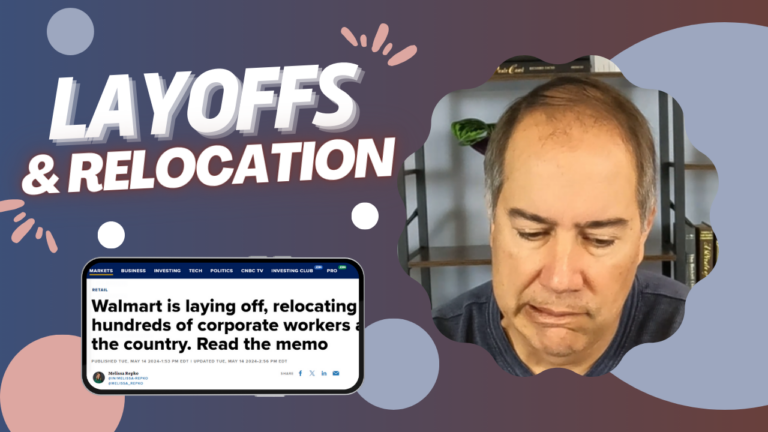The Problem with Steve Jobs’ Advice
I often hear bad advice given in business and do my best to give a good counterpoint or flat-out retort to help offset someone going down the wrong path.
This task is harder though when the bad advice is coming from one of the biggest names in business with a literal trillion-dollar success story.
In this case, it’s not so much wrong as it is likely to be applied in situations that don’t fit – which is to say almost all of them.
The advice came from Steve Jobs and goes as follows:
“Some people say, “Give the customers what they want.” But that’s not my approach. Our job is to figure out what they’re going to want before they do. I think Henry Ford once said, “If I’d asked customers what they wanted, they would have told me, ‘A faster horse!'” People don’t know what they want until you show it to them. That’s why I never rely on market research. Our task is to read things that are not yet on the page.”
The problem here is that what he was doing was something different than what nearly anyone else in business is doing.
He had the financial resources to experiment and the staff in place with the knowledge to develop new products using technology most other companies could not have come up with.
And he is remembered because he got it right. Lots of other people have tried to create new products no one was asking for but they didn’t get it right so you’ve never heard of them.
What most businesses are doing is not in fact anticipating some unknown demand and building a brand new invention to both create and meet that demand. What most businesses are doing is meeting an established demand from an existing customer base. Very few are really out on a limb with what they are trying to do, and most of the ones that are fail.
The reason I think this advice can be problematic is that it tends to encourage the idea that a would-be entrepreneur is fine to imagine what the customer is going to want and then proceed to build that product with no additional input. Or to offer a service that no one asked for assuming it’s only because it hadn’t been offered, not that no one wanted it.
How to Grow a Business by Listening to the Customers
I think the much smarter approach is to do some market research, either before starting a new business or in the process of growing an existing one.
Customers are usually not too shy about telling you what they want. And if you aren’t delivering it they will vote with their wallets to go somewhere else that is meeting their needs.
Your job as a business owner is to understand why they are making the choices they are and what they want that they might not be fully getting from their current options, then get in front of that.
When I started CapForge bookkeeping, I knew from conversations with many business owners there were three key points of dissatisfaction with most available options:
- Nearly all bookkeepers were charging hourly, and customers didn’t like the fact that they didn’t know how much something was going to cost from month to month.
- Most bookkeeping and accounting firms were bad at getting back to people promptly – days and sometimes weeks would go by before getting a response, and the communication itself was often unclear and unhelpful.
- The quality was often poor and didn’t reflect accounting best practices.
My immediate plan was to counteract these problems and offer a service that:
- Charge a fixed flat fee with no upfront retainer or other undisclosed add-ons, and be as transparent with pricing as other firms were opaque.
- To guarantee we would respond to clients within 24 hours, or often much less, and be as clear in our communications and use plain English to ensure clients understand and have their questions answered.
- To use procedures, doublechecks, training, software, and internal audits to make sure our quality was as high as possible and certainly well exceeded what most others were producing or could expect from anyone else.
The result of this approach was we grew from one person to over seventy employees and over 1,000 clients, larger than 99% of all other bookkeeping firms in the US.
Of course, we don’t always get it right and therefore we have a culture and an ideal of aiming for continuous improvement. We try to learn from and correct our mistakes when they do come up so we don’t repeat them. We try to get better every day at making sure we are only taking on clients we can do a great job with and filtering out the ones we can’t.
And when we consider adding a new service, we don’t assume we know what the clients want – we ask them (or enough of them have told us!) that it’s very clear what we need to do next.
I might think that having a place that does tax and massage at the same time is a great idea (because taxes are stressful!) but I would never launch into that just because I thought no one asked for it only because they didn’t know they wanted it. Instead, I would make sure before starting that this was really something our customers were hungry for and willing to invest in with us.
So while Steve Jobs accomplished amazing things with his approach, I don’t think his model is one most people should follow unless they are ready and willing to lose the time and money they are going to put in.
If you aren’t, then use my method instead to get to know your customers, let them tell you what they want, and then offer the very best version of it they can find anywhere.








